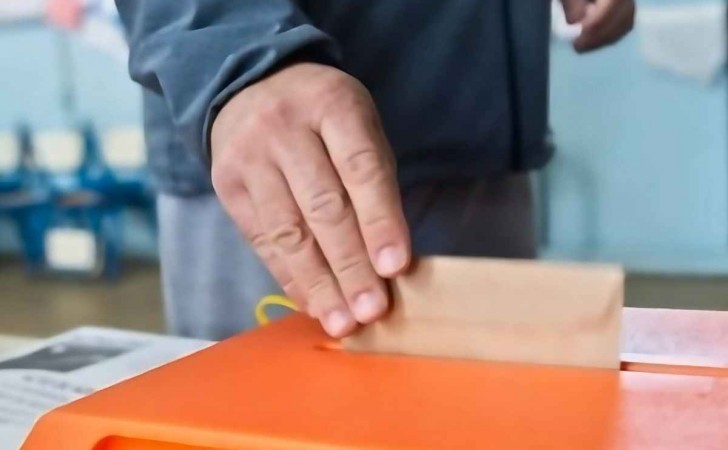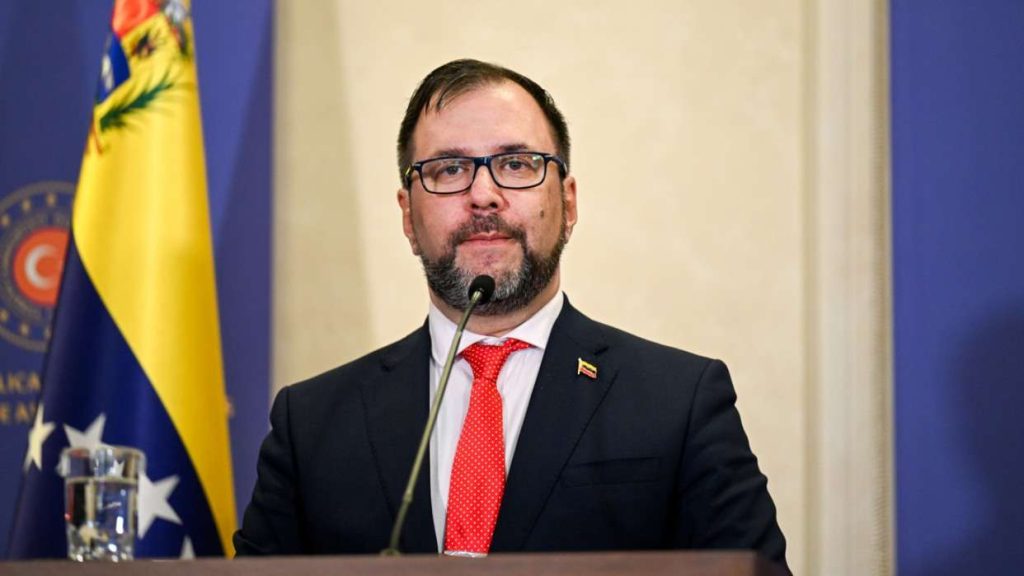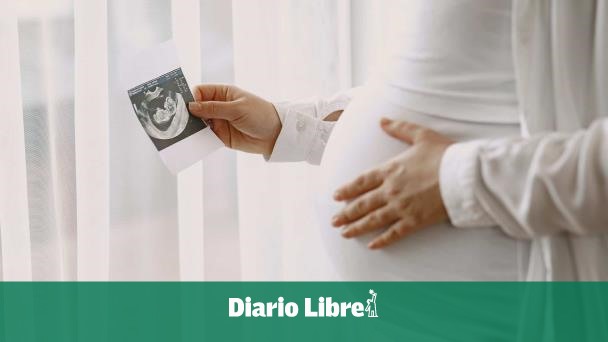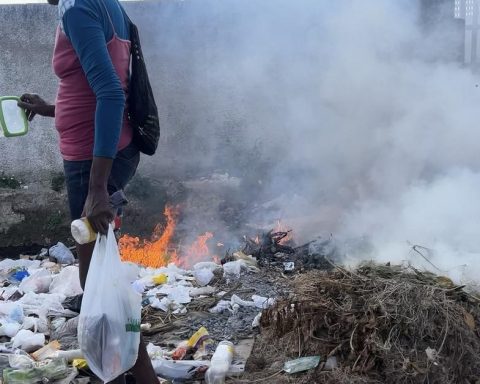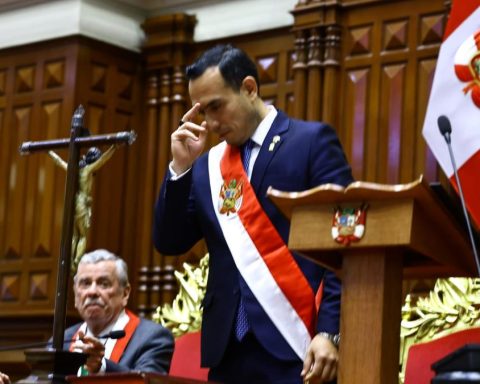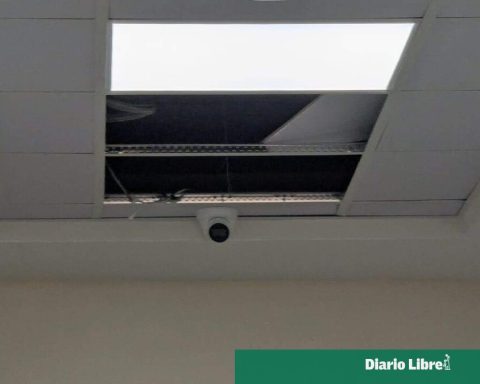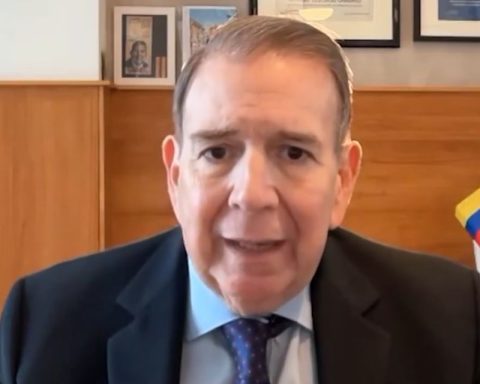
Mariana Pomiés, director of the pollster Cifra, recently presented a report that sheds light on the profile of undecided voters in Uruguaya group that could play a crucial role in the elections on October 27. According to the analysis, these voters They make up 11% of the electoratea figure that, if defined, could tip the electoral balance.
Based on data from the latest voting intention survey carried out by Cifra at the end of September, the study revealed that the 44% of voters lean towards the Frente Amplio. In contrast, the 41% support the parties that make up the government coalition: 24% to the National Party, 14% to the Colorado Party, 2% to the Cabildo Abierto and 1% to the Independent Party.
In addition, 1% support Sovereign Identity and another 1% support other minor parties. Of this group, 11% remain undecided and 2% prefer to vote blank.
Impact of education and ideology on the indecision of the electorate
Cifra’s analysis indicates a correlation between the level of education and electoral indecision. Among those who only completed primary education, a significant 21% do not know who to vote for. This percentage decreases to 11% among those with completed secondary education and falls to 8% among those with tertiary education.
Regarding ideology, only 3% of people who identify with the left are undecided. However, 24% of those who define themselves as center and 10% of those who consider themselves right have not yet decided their vote.
The study also explores how previous electoral loyalties influence current indecision. Among Frente Amplio voters in 2019, barely 5% declare themselves undecided for the next elections.
In contrast, 10% of those who voted for the National Party and 7% of those who chose the Colorado Party have not yet made a firm decision.. Indecision increases among those who voted for other parties in the coalition, reaching 37%, and is particularly high among those who voted blank or canceled their vote in 2019, reaching 40% in this group.
Differences in the firmness of the vote within the parties
The finality of the vote, another aspect highlighted in the report, shows that some voters can still change their decision before October 27. In the case of the Frente Amplio, 29% of its voters express that their choice could vary, while 71% are sure of their vote. For the National Party, 32% of voters could reconsider their decision, while 68% remain firm.
Among Colorado Party supporters, 58% are convinced of their choice, but 42% consider the possibility of changing their vote. In the case of the other parties that make up the ruling coalition, only 26% have a firm decision, while 74% could still modify their choice.
